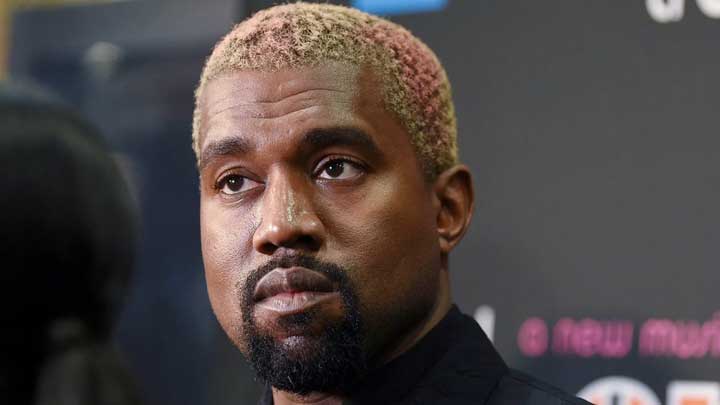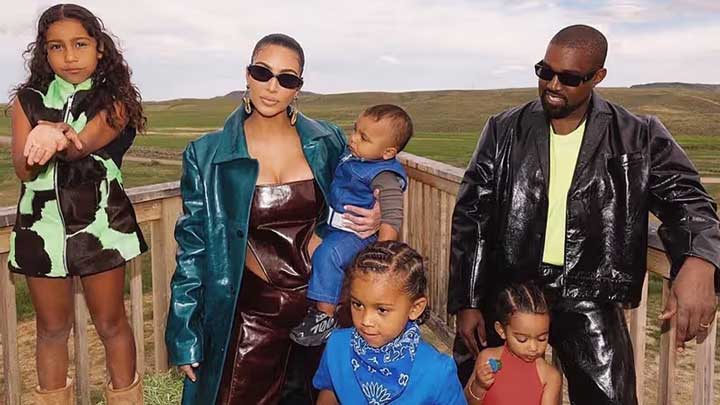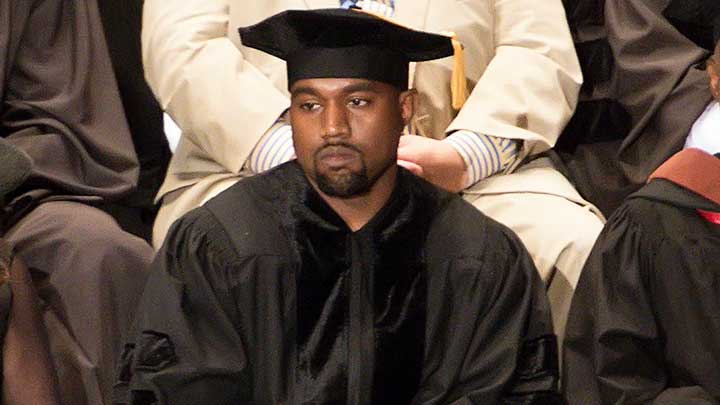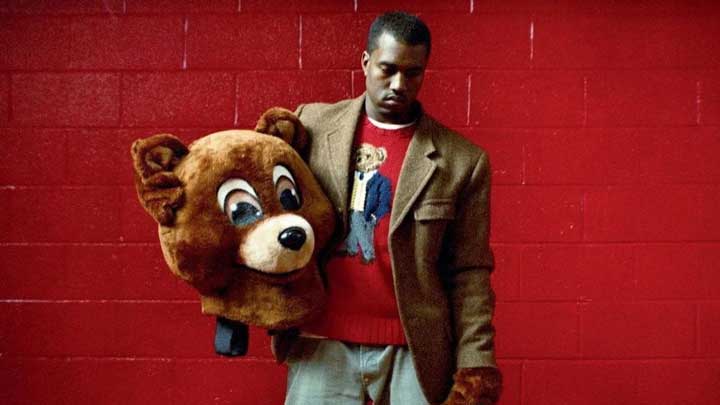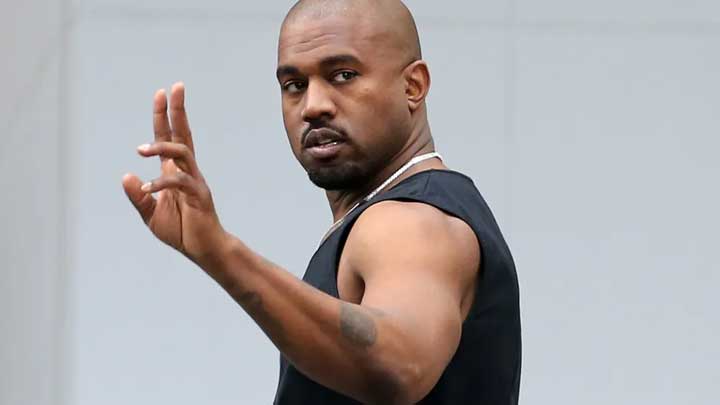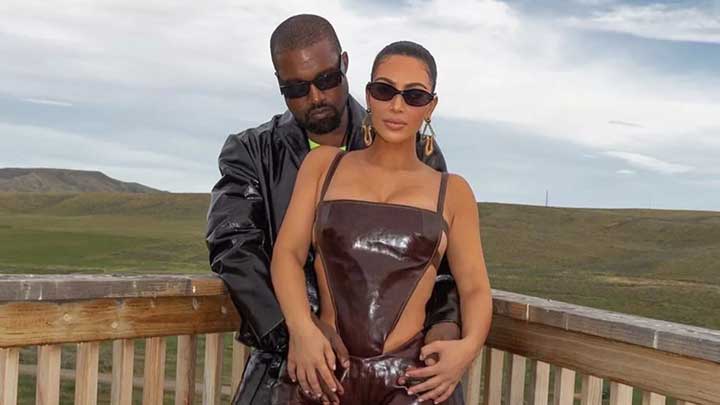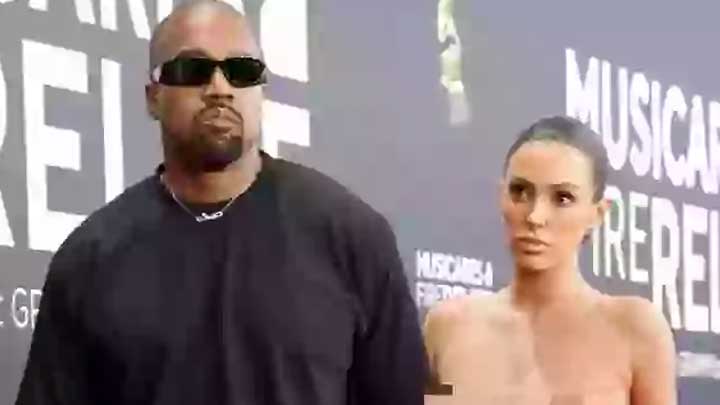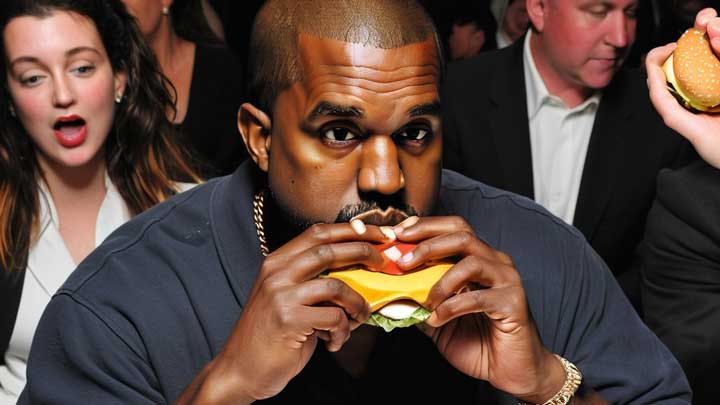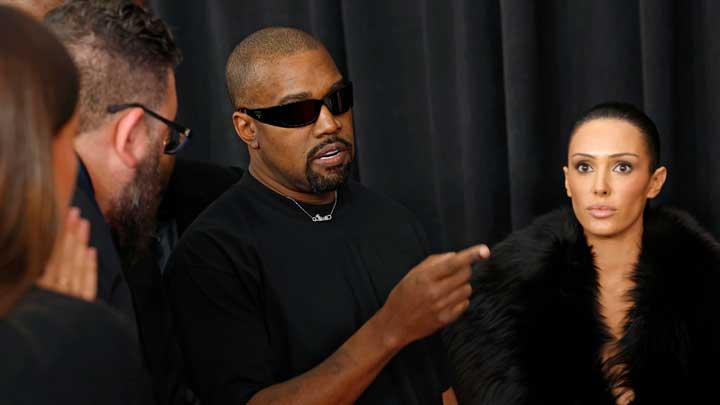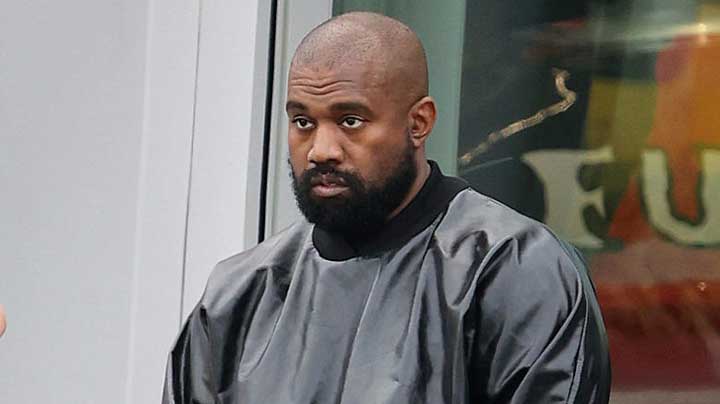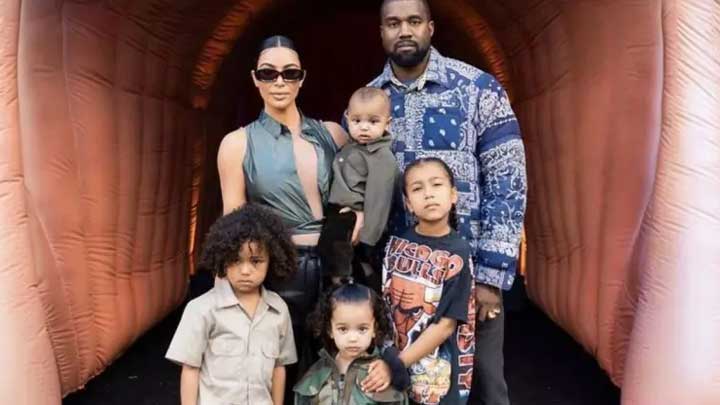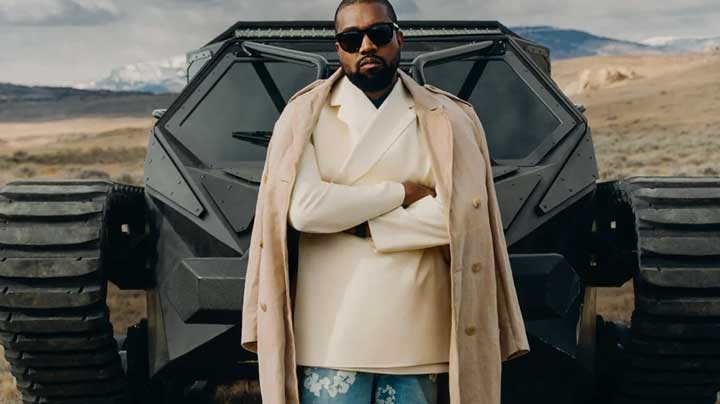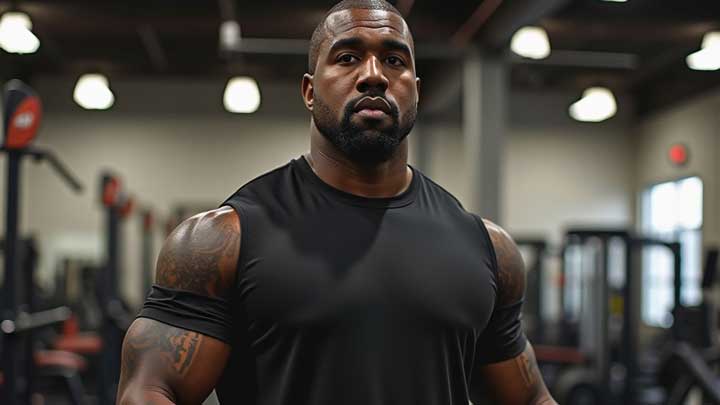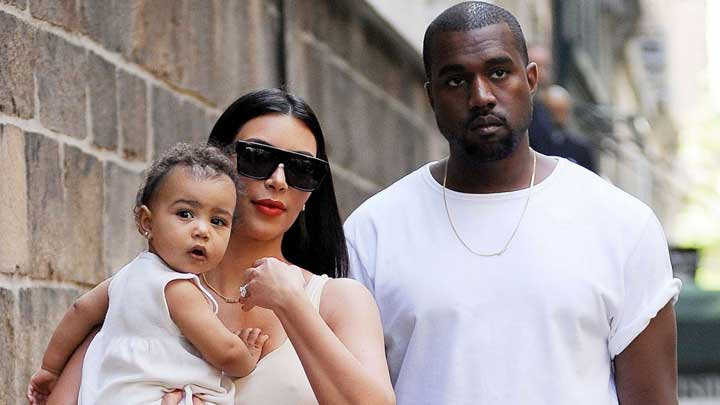
Explore Kanye West’s genius, contradictions, and evolution through Cattell’s 16 Personality Factors—revealing his complex and controversial psyche.
Kanye West: Genius, Rebellion, and Radical Expression
Kanye West’s life story is a complex tapestry woven from threads of genius, emotional turbulence, and relentless self-expression. The Personality Report of Kanye West examines a figure who has consistently defied artistic, cultural, and social norms. Kanye has openly shared his diagnosis of bipolar disorder, and shows Intermittent Explosive Disorder (IED) symptoms, serious clinical behavioral disorders characterized by intense mood swings, episodes of mania, and emotional instability. His public journey through mental health challenges has simultaneously inspired deeper conversations around emotional wellness and amplified the complexity of his public image. Despite these struggles, Kanye has often harnessed his behavioral and emotional extremes to create groundbreaking art, redefining music, fashion, and entrepreneurship through raw, unfiltered innovation.
This deep analysis, using Raymond Cattell’s 16 Personality Factors, will unravel Kanye’s key psychological dimensions—from his social boldness and abstractedness to his vigilance and emotional sensitivity. Through this lens, we uncover how his clinical behavioral conditions, visionary thinking, and emotional intensity together forge one of the most polarizing yet influential personalities of modern times.
